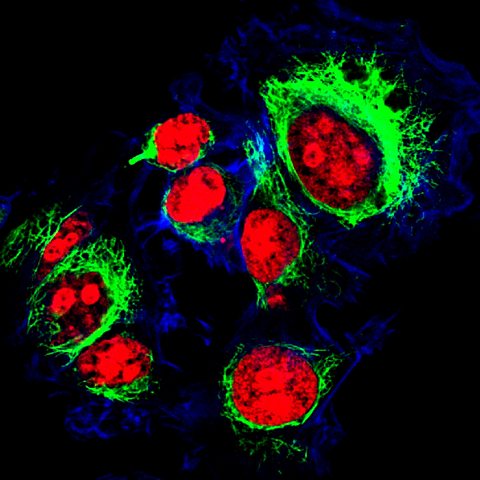The pandemic has been tough on us all, but there has been one discipline above all others that has provided us with hope throughout it: science.
But itÔÇÖs not just incredible ICU nurses and vaccine researchers who can give us comfort through these uncertain times. Science is full of incredible things that keep us safe, inspire us, and can make us feel good.
We asked a number of people in different scientific fields what their favourites were.
'You are their whole world'
From: Senga Robertson-Albertyn, Division of Plant Science at the University of Dundee
ÔÇ£Our bodies are populated by billions of microbes, like bacteria, that live on or within us. Despite the fact that they are too small for us to see without using a microscope, many of them play a huge role in keeping us healthy and happy.
Some help us to get nutrients from food that we canÔÇÖt break down by ourselves, others help to train our immune systems to help prevent us from becoming infected by pathogens (microbes that can cause illness if in high enough proportions) and some research has shown that having a healthy microbial balance in our gut can make us less likely to develop conditions such as depression.
So, if there are times that you feel lonely just remember that there are billions of organisms that spend their entire life cycle taking care of you and that you are their whole world!ÔÇØ
'They sustain life on Earth'
From: Steve Sparks, Professor of Geology at the University of Bristol
ÔÇ£Volcanoes have a bad reputation. When they erupt the lives of local communities are disrupted and threatened. However, volcanoes exist because we live on a dynamic planet and they are a key part of the large natural chemical cycles that sustain life on Earth.
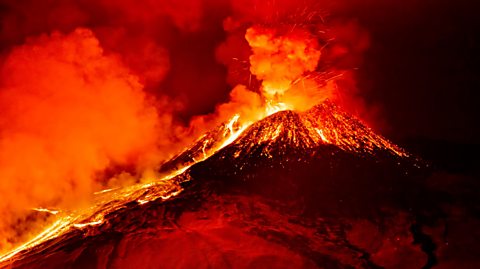
Tiny particles of volcanic dust fertilise the ocean with key metals like iron, and tiny marine organisms called phytoplankton just love an eruption. ItÔÇÖs feeding time for sea bugs and they use the volcanic nutrients to grow tiny crystals of calcium carbonate, extracting carbon dioxide from the atmosphere and so help a bit to counteract global warming too.ÔÇØ
'Meowing is cat communication for humans'
From: Izzi Howell, author of 'Cats react to science facts' and winner of the Royal Society of ScienceÔÇÖs Young PeopleÔÇÖs Book Prize
ÔÇ£Adult cats only meow at humans! Kittens meow to get their motherÔÇÖs attention, but wild cats stop meowing at each other as they move into adulthood. However, pet cats have realised that their cute chirps have the same effect on people as mother cats. So meowing is basically a new form of cat communication specifically for humans! ÔÇ£
'Plants are inspirational'
From: Ruth Hamilton, Division of Plant Sciences at the University of Dundee
Im fascinated by how incredibly resilient plants are the ancient trees that have stood throughout the rise and fall of human civilizations amaze me. An ancient tree colony in Utah named Pando is connected by an underground root system. Pando is the heaviest single organism in the world, it weighs 6,000,000 kilograms. In the UK, one of the oldest individual trees is the Fortingall Yew in Perthshire, this tree is estimated to be between 2,000-3,000 years old.
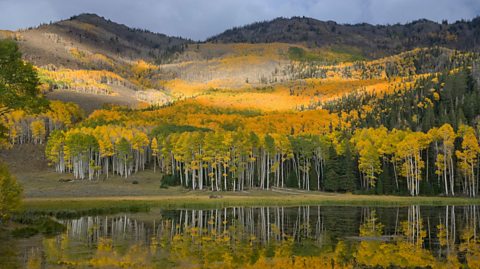
The ability of plants to withstand changing conditions is inspirational, partly due to their awesome diversity. Most plants donÔÇÖt flower or bloom all year round; this seasonality reminds me that we also cannot be at our best all the time.ÔÇØ
'That is all down to our amazing immune systems'
From: Sheena Cruickshank, Academic Lead for Public Engagement at the Manchester Academic Health Science Centre
ÔÇ£We are surrounded by germs every day - the air we breathe, the surfaces we touch, the food we eat and the people we interact with. Yet most of the time we stay well and that is all down to our amazing immune systems.
We have a multitude of cells working to keep us healthy in many different ways. We have barriers to stop germs getting in and even kill them before they can do further harm. If a germ does manage to get pat these barriers, we have immune cells that sit right below the barrier poised to help limit the threat.
Even better, we have a third way of protecting ourselves - specialised white blood cells called lymphocytes. T lymphocytes and B lymphocytes can be trained to recognise unique features of a germ so they can make antibodies or chemicals to kill the germ and only the germ. They remember things they have been trained to ÔÇÿseeÔÇÖ and can quickly mount a defence if you meet it again- its so quick you may never know that you had been infected!ÔÇØ
Fabulous scientific facts - chosen by scientists
The finest undersea teamwork, metallic rain and the fish that could help us reach Mars
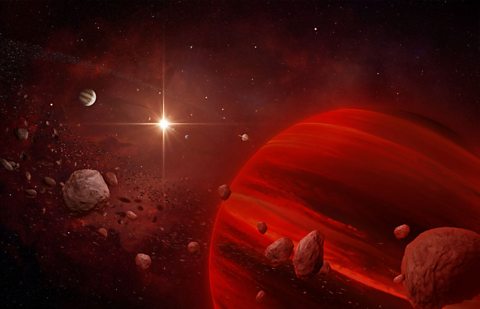
Three female scientists whose work is helping us fight the pandemic
Scientists' work from centuries ago, as well as what they're doing right now, is helping us beat coronavirus.
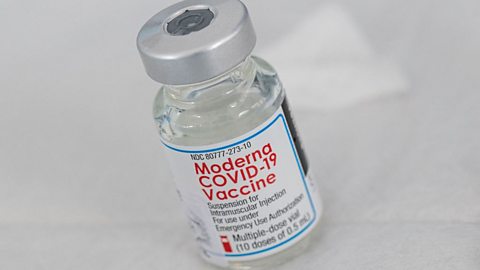
Henrietta Lacks: How her 'immortal' cells advanced modern science
Our ability to research, treat and prevent many diseases would not the be the same without Henrietta Lacks. This is her story.
